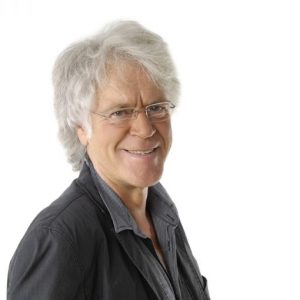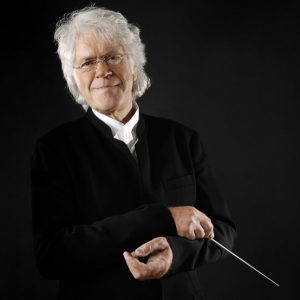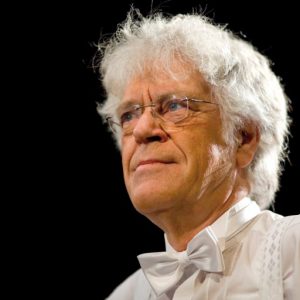Christoph Wyneken
completed his studies at the colleges in Berlin, Detmold and Austin (Texas USA). In particular, the educational work with Andor Toth (Galamian School) and George Neikrug (Dounis School) shall be mentioned, which have marked Christoph Wyneken in a decisive way.
Christoph Wyneken was the first concertmaster of the Radio Philharmonic Orchestra of the NDR (Northern German Broadcasting) Hannover for 20 years. He also played with the Berlin Philharmonics. The results were radio recordings, solo concerts and concert tours in Germany and abroad. Christoph Wyneken was a member of the Berlin String Trio, the Waldstein Piano Trio and violinist of the Orfeo Chamber Soloists.
After completing a nearly twenty-year career as the first concertmaster and active soloist, the professional focus shifted to the educational activity, with conducting taking a central place.
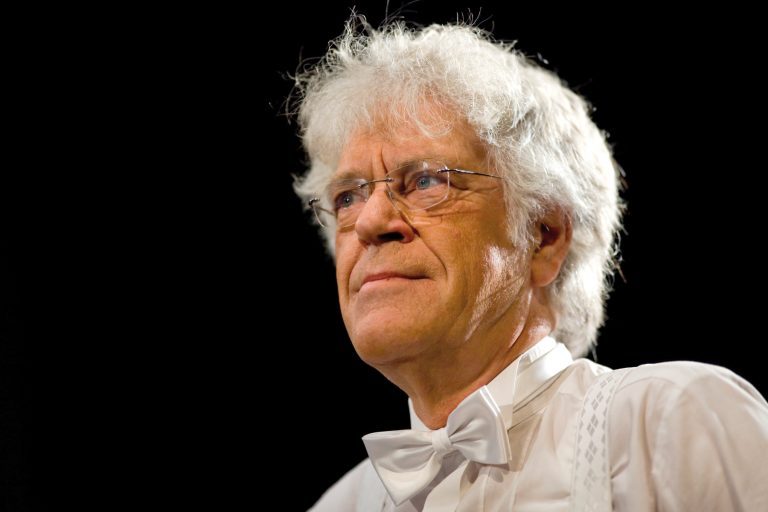
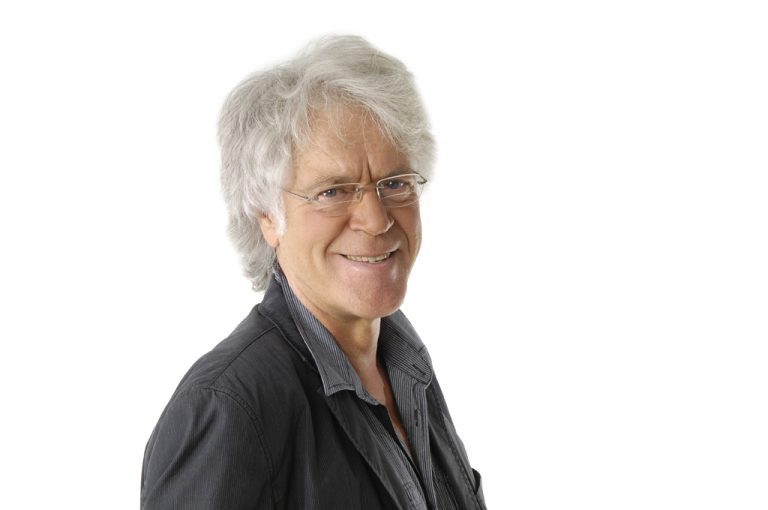
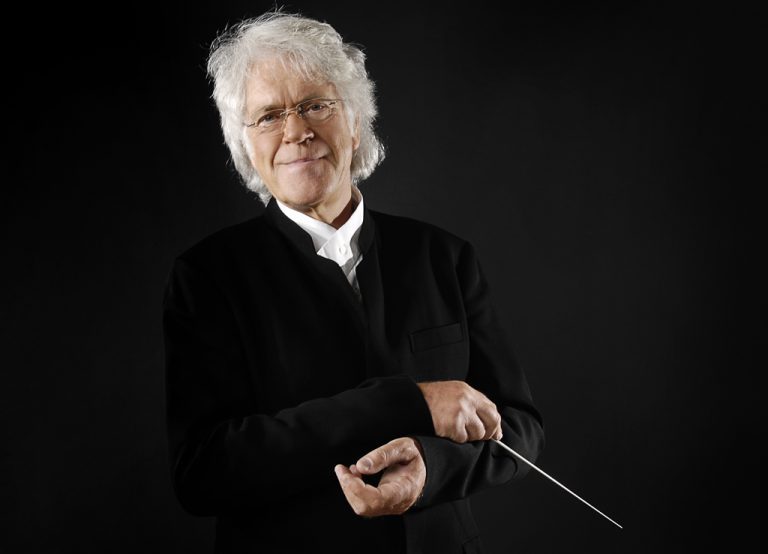
From 1991 to 2007 Christoph Wyneken taught chamber music at the conservatory in Freiburg. A great concern of Christoph Wyneken is the education and support of highly skilled musical youth and students. His expertise (see violin pedagogy), combined with experience as a soloist, first concertmaster, chamber musician and conductor, make Christoph Wyneken a highly popular instructor. An above-average pedagogical sensibility is an important opportunity for instrumental and musical training for numerous young musicians during annual masterclasses for violin/viola and chamber music conducted by Wyneken. Every year, the Chiemgau Festival in Traunstein, the Festival in Cetate and the Idyllwild Festival in Los Angeles organize chamber music classes and master classes.
Former students of Wyneken play in well-known orchestras or study at major conservatories, e. g. at the Curtis Institute/Philadelphia or at the Vienna Music Academy. Several of his students and chamber music ensembles from Baden-Württemberg, who are led by him, annually earn the federal prizes of the “Jugend Musiziert” competition. Thus, the QUARTETTO PAGANINO became the 1st federal prize winner in 2017, acquired the WDR 3 Klassik (Western German Broadcasting) Award and is sponsored by the Ponte Foundation. For the work as artistic director of the LandesJugendOrchesters Baden-Württemberg. Christoph Wyneken was awarded the Federal Cross of Merit on the ribbon and the European Music Award. He received the Stamitz Medal and the Bruno-Frey-Award.
Christoph Wyneken in the Interview
Do you remember how you got into music?
Domestic music had an important place in my childhood and youth. There was almost no weekend when our family did not play music. My father was very musical and the driving factor: “Christoph, grab the violin …”
Classical music had a life-sustaining value in the period after the Second World War. I remember (I was 7 years old) at a concert with the Berlin Philharmonic under Wilhelm Furtwängler in the Titaniapalast, a cinema palace. The Philharmonics were equal to the ground. In the funeral march of the 2nd movement of Beethoven’s 7th Symphony, there was a mood among the audience that I cannot forget to this day.
Other deeply impressive concert experiences in Berlin have also moved me to become a violinist and musician.
What fascinates you most about music and why?
If the words are missing, the notes always have an answer. If the person does not know how to continue, the music can help even in extreme situations.
Especially the so-called classical music, meant as an umbrella term, reflects in its subtle art and profound expressive power the moods, contexts and spaces with which we are confronted on a daily basis and learn to find our way with it and in it.
Which composer or composers inspire you the most and why?
As a musician, I’m curious about everything I do not know.
However: Franz Schubert had a profound effect on me since my youth – and I’ll get back to him right away. Schubert had 31 years to develop his musical universe and the intensity of his boundless message and to hand it over in written notes to posterity. It is fascinating to trace his musically most intimate messages between life and death. Especially in times of change, it is thoughtful to repeatedly expose oneself to the infinite flow of his flowing music.
What can you say in retrospect from your experience of making music together with young people?
What can I say about that?
In parallel to my work as first concertmaster in the NDR Hannover, I started with the artistic direction of the LandesJugendOrchesters Baden-Württemberg in 1972.
At that time, I could not imagine that this task would keep me going for over 40 years. Children and adolescents have a natural innate desire to learn an instrument in order to “play together”.
Music and making music together are very welcome as a “playground” and as a model for reflections on demanding levels, as the music offers in its uniqueness!
With increasing mastery of the instrument, the young musicians obtain the prerequisite for better understanding the connections that the composers generously allow us to design in their scores. Like a treasure hunt, musicians can come to grips with the secrets of unknown worlds.
Children and adolescents basically have an admirable potential for motivation, ability and discipline. Not the age, but the individual development of a talent, the opportunities and the environment decide on the way to (early) maturity.
Why do you think the quartet is one of the most demanding music formations?
The string quartet belongs to the “royal class” of the musical genres.
Four stringed instruments – two violins, a viola and a cello – give a classic and ideal format for playing as a composer in a world of different expressions – especially where words are limited.
The greatest composers have used the string quartet to deal with the equality of 4 voices with affects and contrasts chamber music and orchestral. Highly differentiated musical structures can only be made audible and tangible through the subtleties of the string quartet.
Stringed instruments may have the largest colour gamut in comparison to other instruments. They are highly sensitive but also virtuoso instruments that require a special artistry of both hands in order to communicate themselves to the listener in the whole range of musical forms, shapes and harmonic tensions.
How do you all master this challenge together?
Every single player of the Quartetto Paganino is already a highly talented musician and virtuoso on his instrument.
Before the first rehearsal, everyone knows his or her part and the piece that is being reworked. The score plays an important role, so every player has not only his voice, but the whole work in view.
A common concept is developed so that every musician – as on a stage with actors – gets to know his role, his function and his expression in the common process. The musical design of each bar is a high demand for the musicians.
Only the analysis, the musical temperament and the perfect interplay – further refined by the ear – make a convincing message.
How would you describe the rehearsals?
Head, heart and hand – discipline, humour and lightness are close allies.
How do you envision the future of Quartetto Paganino?
Four young musicians are on their way and have already achieved something extraordinary. What a feeling of life!
The initiative to pursue a goal of making good music and playing concerts is of particular value to the future of the Quartetto Paganino and every single player.
Peter Weilacher had the idea to create a string quartet, to fill it with talented, youthful musicians and to build up the quartet sustainably. He never lost sight of our common goal. Peter Weilacher is particularly grateful to accompany the Quartetto Paganino with passion and the necessary support into the future.
Music is an essential part and an important companion for all of us.
Let’s continue working together!
Pictures
Contact
How to contact Christoph Wyneken
E-Mail: christoph.wyneken@gmx.de
website: christoph-wyneken.de

